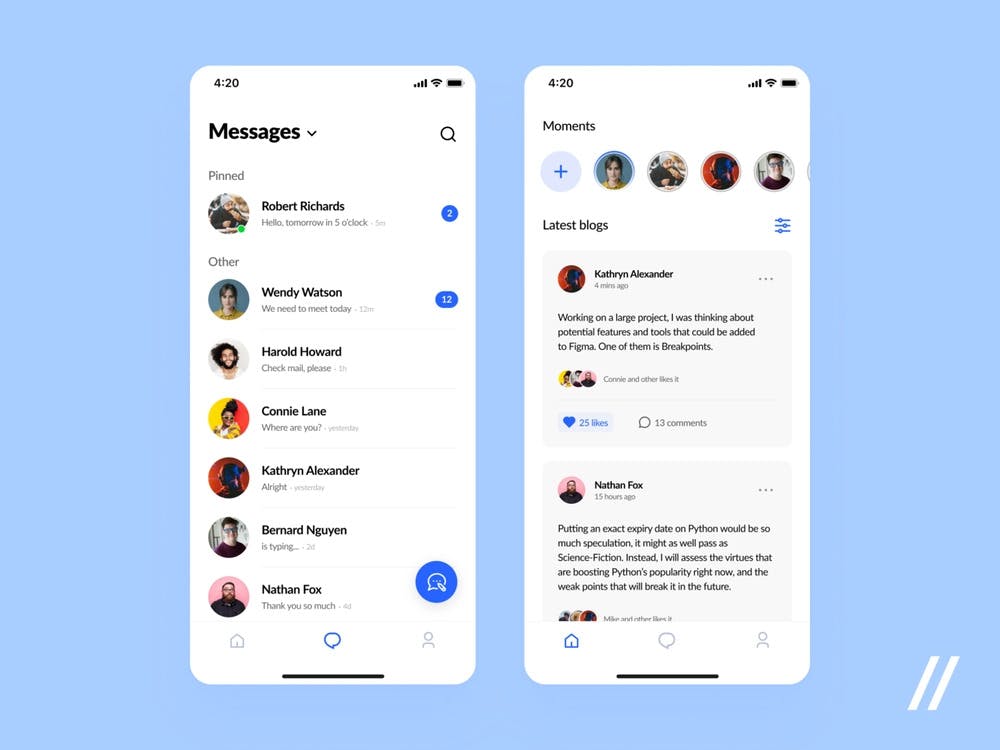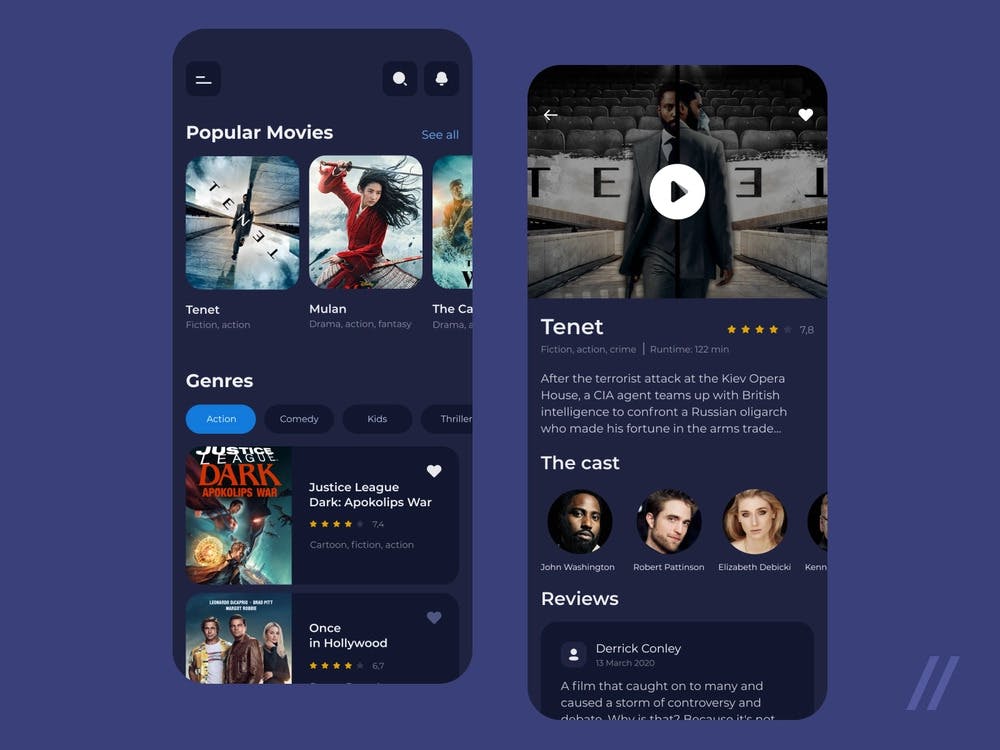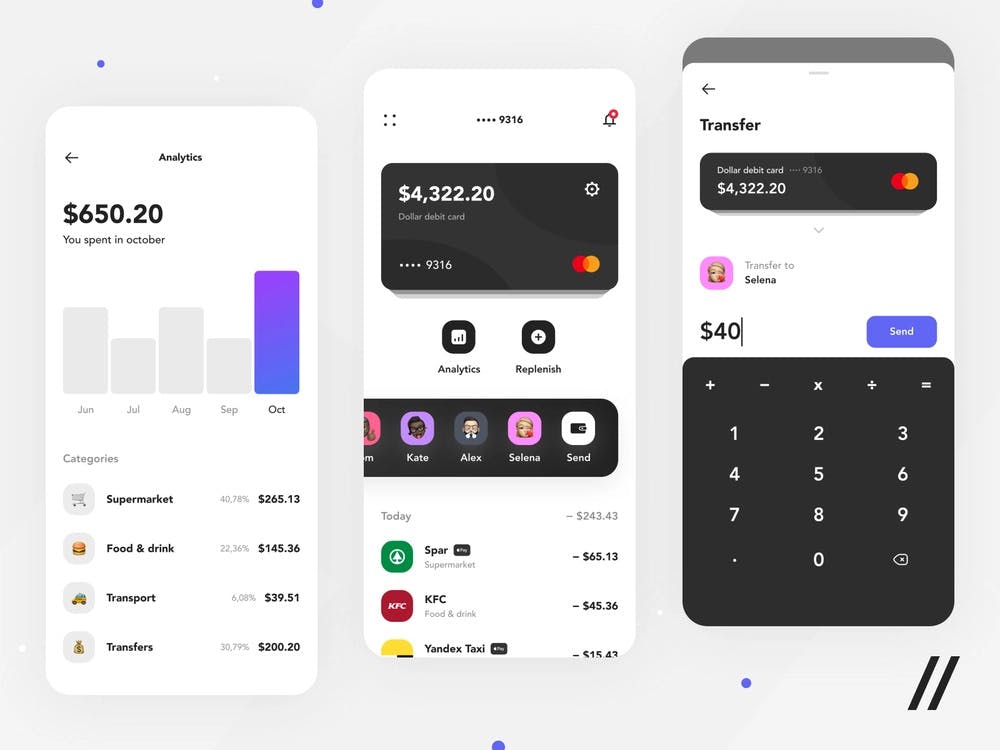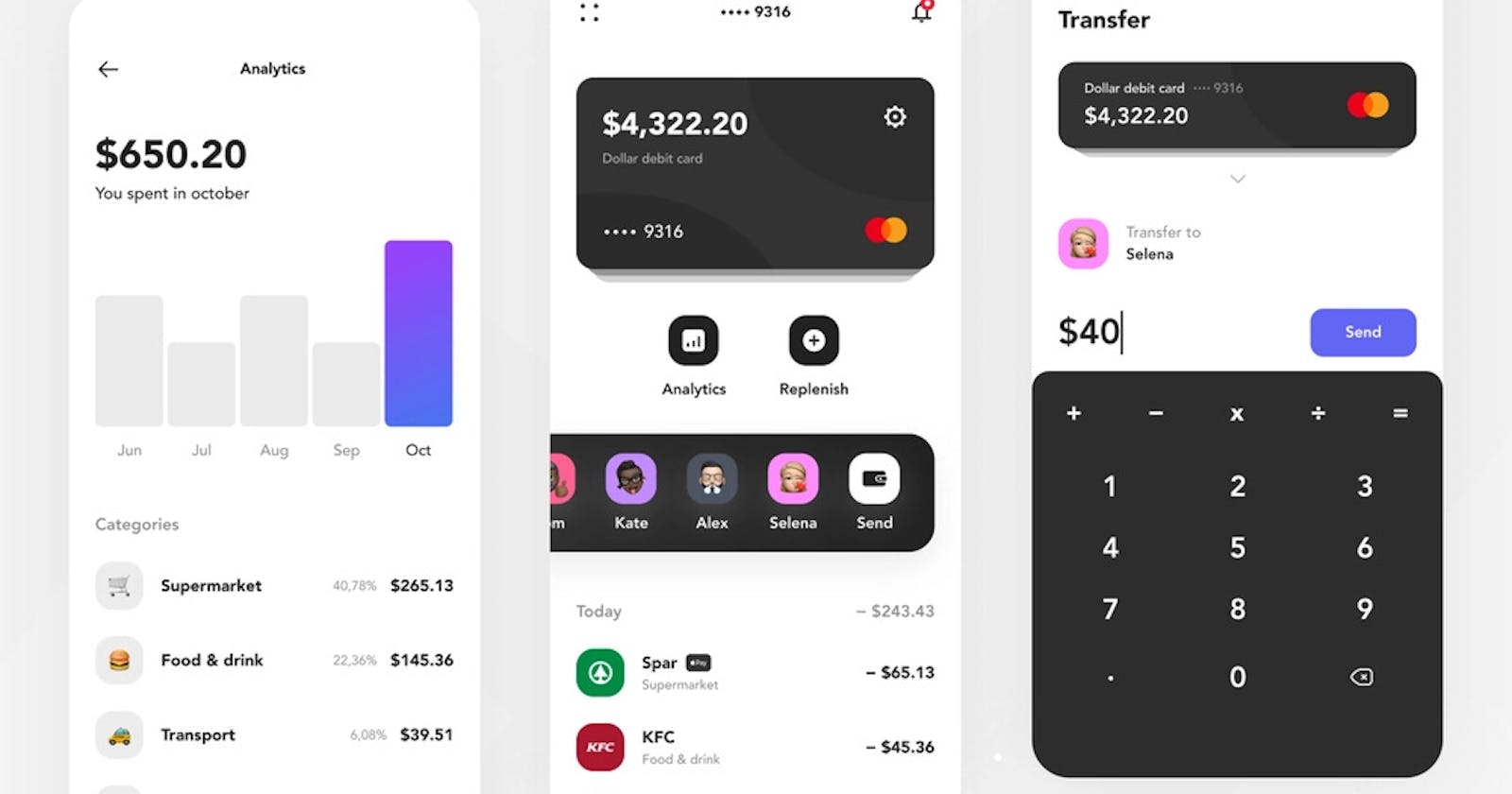React Native
React Native is a popular open-source framework for building mobile applications
Table of contents
No headings in the article.
React Native is a popular open-source framework for building mobile applications using JavaScript and React, a JavaScript library for building user interfaces. React Native was developed by Facebook and is used by many companies to build high-quality, cross-platform mobile applications for iOS and Android.
React Native allows developers to write mobile applications using a single codebase that can run on both iOS and Android. This is a major advantage over traditional native mobile app development, which typically requires separate codebases for each platform. With React Native, developers can write their code once and deploy it on multiple platforms, saving time and resources.

React Native uses native components, which are components that are written in the platform-specific programming language (e.g., Swift for iOS, Java for Android), to build the user interface. This ensures that the user interface is fully native, meaning that it looks and feels like a native app, and provides a seamless user experience. Additionally, React Native allows developers to reuse components and code across multiple projects, making it easier and more efficient to build and maintain mobile applications.

React Native also provides a large and growing community of developers and a wealth of resources, including tutorials, documentation, and libraries. This makes it easy for developers to find help and get started with React Native. Additionally, React Native has a strong ecosystem of third-party libraries and tools, including UI components, navigation libraries, and testing frameworks, that make it easier for developers to build high-quality, feature-rich mobile applications.
One of the key benefits of React Native is that it provides a fast and efficient development experience. React Native uses a hot reloading feature, which allows developers to see changes they make to the code in real-time, without having to restart the app. This makes it faster and easier to develop and test mobile applications. Additionally, React Native is designed to be fast and performant, providing a smooth and responsive user experience.

Another benefit of React Native is that it provides a native-like user experience. React Native uses native components to build the user interface, which means that the app looks and feels like a native app, providing a seamless user experience. Additionally, React Native uses animations and touch gestures that are native to each platform, providing a more natural and intuitive experience for users.
In conclusion, React Native is a popular open-source framework for building mobile applications using JavaScript and React. React Native provides a fast and efficient development experience and a native-like user experience, and it is used by many companies to build high-quality, cross-platform mobile applications for iOS and Android. With its large and growing community of developers and a wealth of resources, React Native is a great choice for organizations looking to build high-quality mobile applications.

